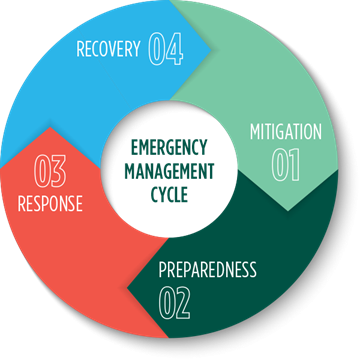Guardians of Safety: A Comprehensive Guide to Counter-Terrorism and Emergency Response Training

About Course
In today’s ever-evolving world, the importance of counter-terrorism and emergency response training cannot be overstated. “Guardians of Safety: A Comprehensive Guide to Counter-Terrorism and Emergency Response Training” is designed to provide students with the skills, knowledge, and strategies necessary to prepare for and respond effectively to terrorist threats and large-scale emergencies. This course offers an in-depth understanding of the evolving nature of terrorism, the principles of emergency response, and the legal and ethical challenges faced by first responders. Through practical exercises, real-world case studies, and expert insights, students will learn how to protect communities, manage crises, and implement counter-terrorism strategies in the face of diverse threats.
The course is divided into several modules that focus on various aspects of counter-terrorism and emergency response. Students will explore intelligence gathering techniques, the Incident Command System, mass casualty incident management, and the complexities of addressing chemical, biological, radiological, and nuclear (CBRN) threats. They will also learn the psychological and tactical elements of hostage situations and crisis negotiation, the critical role of cybersecurity in counter-terrorism efforts, and how to lead teams in high-pressure situations. Each module combines theory with practical exercises, ensuring that students are prepared for real-world challenges. By the end of this course, students will be equipped with the skills to make quick, informed decisions during emergencies and contribute to community resilience in the face of terrorism and crisis.
Course Content
Module 1: Introduction to Counter-Terrorism and Emergency Response
The Importance of Counter-Terrorism and Emergency Response Training
00:00Community Resilience and Preparedness
00:00